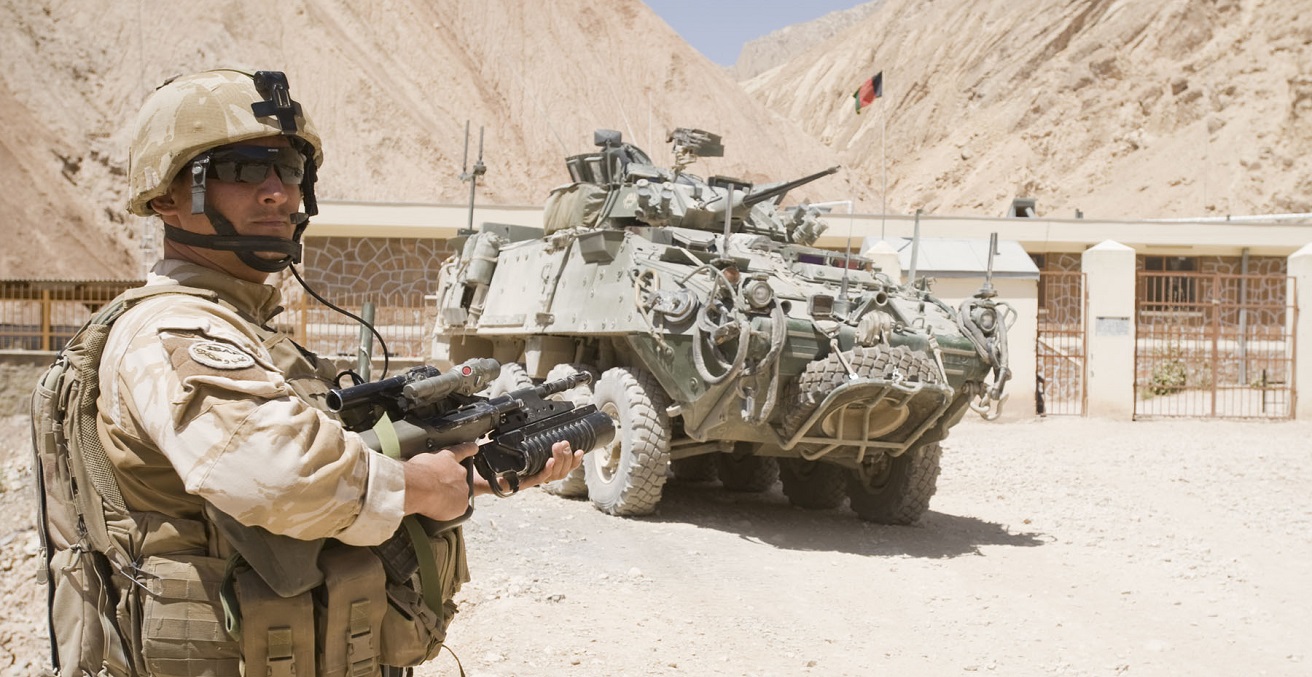US Secretary of State Antony Blinken and Pakistan’s Foreign Minister Shah Mahmood Qureshi discussed the prospects of the two countries cooperating to support the peace process in Afghanistan, State Department spokesperson Ned Price said on Friday.
“Secretary of State Antony J. Blinken spoke today with Pakistani Foreign Minister Shah Mahmood Qureshi and underscored the shared desire for a stable and sustainable bilateral relationship,” Price said in a statement.
“The Secretary and the Foreign Minister discussed the importance of continued US-Pakistan cooperation on the Afghanistan peace process following the visit to the United States by Afghan President Ghani and Chairman Abdullah.”
The Biden administration has been calling on Afghanistan’s neighboring countries to play a bigger role in ensuring the stability of the war-torn country. US forces are expected to complete the withdrawal process by August 31.
Violence in Afghanistan has increased as Taliban forces fight to gain control of territory as US and NATO forces pull out.
Pentagon Press Secretary John Kirby confirmed this week that the Taliban have taken over dozens of district and provincial centers and are expected to threaten other provincial centers.

On Thursday, President Joe Biden said he does not believe it is inevitable that the Afghan government will fall to the Taliban after the US leaves Afghanistan. The US president said he trusts Afghan security forces have the capacity to prevent a civil war, adding that the Afghan people must control their own fate.
Meanwhile, the EU-sponsored Border Management Program in Central Asia (BOMCA) included Afghanistan, currently experiencing a sharp escalation in violence, in its new phase to foster regional peace, the delegation of the European Union to Uzbekistan stated Friday.
The tenth phase of the program is to last 54 months with a budget of 21.65 million euros ($25.58 million). BOMCA is an EU program that is undertaken by the International Center for Migration Policy Development (ICMPD) and border management institutions of European countries, under the supervision of the State Border Guard of Latvia.
“European Union has been supporting the long-term and successful regional project as BOMCA to help the Central Asian states to improve border security and tackle drug trafficking, including easing border crossing both for people and for goods within Central Asia and from Central Asia to the rest of the world.
We are delighted by the fact that the new phase of BOMCA includes Afghanistan, which is a very important step towards building a strategic partnership with the countries of Central Asia to foster cooperation, as well as to ensure peace, stability and prosperity in the region,” Ambassador of the EU in Uzbekistan Charlotte Adriaen said, as cited by the mission.
The program was launched in 2003; it covers five Central Asian states: Kazakhstan, Kyrgyzstan, Tajikistan, Turkmenistan, Uzbekistan, and now Afghanistan. The main goal is to improve border management, detection capacities, trade, and regional cooperation.
Afghanistan is back to heavy fighting between the Taliban and the government forces amid a gradual withdrawal of Western troops.
Read More
- Watch: The Ultimate Dogfight Between US & Russian Fighter Jets Over A ‘Top-Secret’ Air Base In Nevada
- Why India’s Ladakh Region Is Crucial For China’s Rise As An Economic Super-Power?